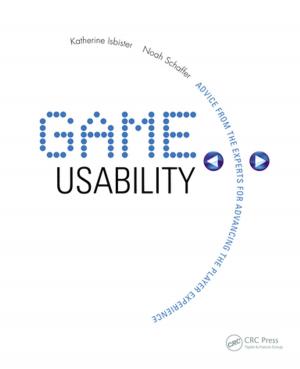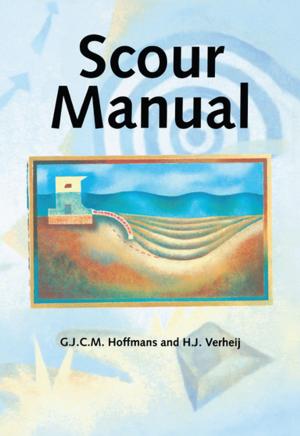| Author: | Yvonne Carter, Kate Thomas | ISBN: | 9781315343563 |
| Publisher: | CRC Press | Publication: | May 8, 2018 |
| Imprint: | CRC Press | Language: | English |
| Author: | Yvonne Carter, Kate Thomas |
| ISBN: | 9781315343563 |
| Publisher: | CRC Press |
| Publication: | May 8, 2018 |
| Imprint: | CRC Press |
| Language: | English |
'Medical technology is beneficial for well researched dangerous diseases. However, most symptoms that people bring to their primary care physician have no single clearly identifiable cause: investigations and drugs do more harm than good - and also waste resources - ' - Wilfrid Treasure Diagnosis and Risk Management in Primary Care teaches that adopting an evidence-based approach to primary care improves patient care and treatment outcomes. It demonstrates that brief clinical assessments, repeated if necessary, allow effective diagnosis while avoiding the costs and complications associated with more advanced testing. Adopting a fresh approach, this book sets consultation skills alongside evidence-based information by both itemising the specific techniques and facts that are needed in the consulting room, and providing detailed information on odds and likelihood ratios to quantify risk and deal with uncertainty. This book provides food for thought, and helps doctors develop communication skills that support their personal styles of consulting, encouraging a more traditional, intuitive treatment. It provides a map of the consultation and a compass to navigate through symptoms, signs and evidence - listening to their patients with one ear and, with the other, to the reflective inner voice of reason. General Practitioner Specialist Trainees and their teachers will find much of interest, as will established General Practitioners with an interest in maintaining traditional models of care. Undergraduate medical students and candidates for the MRCGP will find this an ideal reader for the clinical skills assessment. 'What a breath of fresh air to find an author capable of putting the patient back at the centre of the consultation and who is able to entertain at the same time as he informs and to stimulate critical reflection while nudging us in the direction of a rigorous approach to diagnosis, and the assessment and communication of risk.' From the foreword by Roger Jones
'Medical technology is beneficial for well researched dangerous diseases. However, most symptoms that people bring to their primary care physician have no single clearly identifiable cause: investigations and drugs do more harm than good - and also waste resources - ' - Wilfrid Treasure Diagnosis and Risk Management in Primary Care teaches that adopting an evidence-based approach to primary care improves patient care and treatment outcomes. It demonstrates that brief clinical assessments, repeated if necessary, allow effective diagnosis while avoiding the costs and complications associated with more advanced testing. Adopting a fresh approach, this book sets consultation skills alongside evidence-based information by both itemising the specific techniques and facts that are needed in the consulting room, and providing detailed information on odds and likelihood ratios to quantify risk and deal with uncertainty. This book provides food for thought, and helps doctors develop communication skills that support their personal styles of consulting, encouraging a more traditional, intuitive treatment. It provides a map of the consultation and a compass to navigate through symptoms, signs and evidence - listening to their patients with one ear and, with the other, to the reflective inner voice of reason. General Practitioner Specialist Trainees and their teachers will find much of interest, as will established General Practitioners with an interest in maintaining traditional models of care. Undergraduate medical students and candidates for the MRCGP will find this an ideal reader for the clinical skills assessment. 'What a breath of fresh air to find an author capable of putting the patient back at the centre of the consultation and who is able to entertain at the same time as he informs and to stimulate critical reflection while nudging us in the direction of a rigorous approach to diagnosis, and the assessment and communication of risk.' From the foreword by Roger Jones















